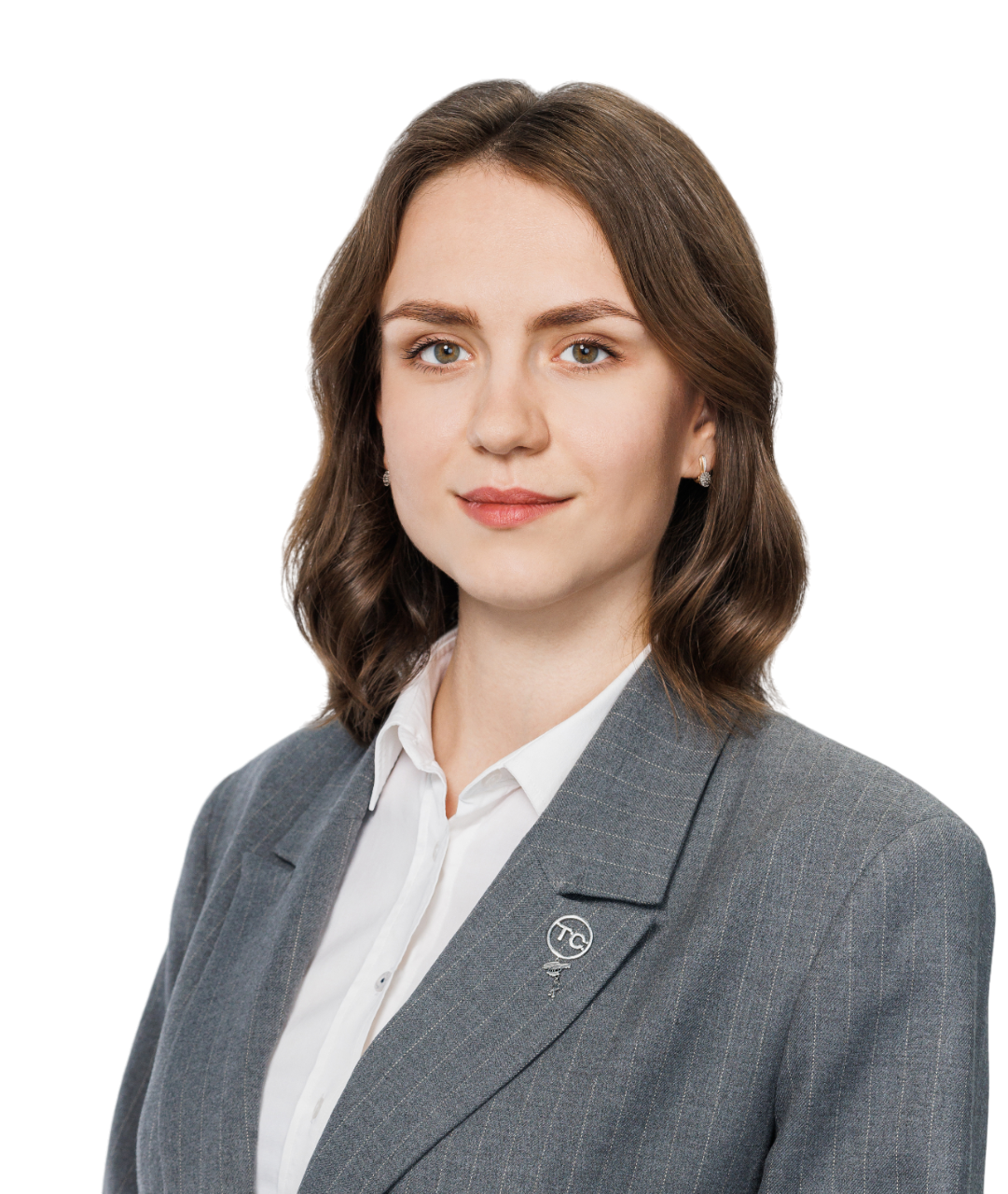The tax authorities are exercising increased control over cases where organizations make payments to individuals which are not connected with employment. According to the auditors position, such payments may be made with a view to illegally reducing the tax burden. Payments to the “self-employed” attract special attention.
The main tool of tax authorities in the fight against optimization of personal taxes through the involvement of “self-employed” is the recognition of monetary funds paid to individuals as a form of remuneration of labor, which excludes the possibility of application of professional income tax to such payments.
In turn, organizations in challenging additional charges try to prove that their interaction with citizens had no signs of employment relations.
In the case of LLC “Company Avtobaza-M”, related to challenging the taxation of interest paid by the organization to its “self-employed” general director, the tax authority and the taxpayer at first also tried to argue about the possibility of recognizing the money paid as remuneration for labor.
However, in the end, the Supreme Court of the Russian Federation had to consider a more general methodological issue: can interest in general be subject to professional income tax (hereinafter - “PIT”)?
Factual circumstances
Two loan agreements were concluded between LLC Company Avtobaza M (hereinafter - the “Company”) and its founder and general director D. V. Molodtsov (hereinafter - the “Lender”). for a total amount of RUB 4, 250, 000 at an annual interest rate of 30%. Initially, the Company withheld personal income tax at the rate of 13% from the interest repayment payments. However, after the Lender obtained the status of “self-employed”, the Company ceased to perform the duties of a tax agent, since the Lender itself paid personal income tax at the rate of 6%.
Based on the results of the desk audit, the inspectorate charged the Company additional personal income tax as a tax agent. The tax authority motivated its decision as follows:
- the actions of the Company and the Lender were performed for the sole purpose of reducing the tax burden from 13% (PIT) to 6% (NPD);
- by virtue of a direct indication in the Federal Law “On Conducting an Experiment to Establish a Special Tax Regime ‘Professional Income Tax’ (hereinafter - ‘FZ on NPD’), the object of NPD is not recognized as income from the provision of services by individuals (hereinafter - ‘PE’) under civil law contracts in favor of their employers (paragraph 8, part 2, article 6 of the FZ on NPD).
Despite the small amount of additional charges - the total amount of arrears and fine amounted to about 90 thousand rubles - the Company appealed the decision of the inspectorate in court.
Position of the courts of three instances
Arbitration courts of the first, appellate and cassation instances supported the tax agent and recognized the decision to impose additional personal income tax charges as unlawful.
In making their decisions, the courts proceeded from the following:
- The object of PIT is income from any transfer (any alienation) of property, property rights, as well as the performance of work and provision of services. A closed list of exceptions is directly named in the Federal Law on Tax Code. Interest income does not appear in this list;
- the prohibition to tax income received by a person under a civil law contract with an employer only applies to payments under contracts for the performance of work and provision of services, and not to all income from transactions between the employee and the organization;
- the interest paid by the Company was not received by the Lender as part of the employment relationship with the organization.
Position of the Supreme Court of the Russian Federation
The tax authority did not agree with the approach of the courts of three instances and appealed to the Supreme Court of the Russian Federation. The highest court instance checked the correctness of the application of substantive law norms in the case and noted the following:
- by establishing an appropriate favorable taxation regime, the legislator, when adopting the Federal Law on NAP, pursued the goal of legalizing the income that citizens receive from informal employment;
- if the object of the NAP would be any income of an individual, it would lead to an inadmissible confusion between the normative regulation of the NAP and personal income tax.
Based on the above arguments, the Supreme Court of the Russian Federation concluded that the object of NPD is exclusively active income. Interest by its legal nature is passive income, as it is not connected with the active activity of the person receiving the income. Consequently, interest cannot be the object of NPD.
Possible consequences for taxpayers
Tax Compliance tax consultant Anastasia Arzhanova analyzed how the decision of the Supreme Court of the Russian Federation may affect law enforcement practice.
According to her, the highest court in the case of LLC “Company Avtobaza-M” not only explicitly excluded interest from the object of NPD, but also made it clear that a similar approach should be applied to other passive income.
It remains to be clarified what income should be recognized as passive income for NPA purposes. The practice does not provide an unambiguous answer. For example, earlier the Supreme Court of the Russian Federation recognized the legitimate application of the NPD to income from leasing vehicles to an organization (the case of LLC Spetstekhsnab).
As a result, legal uncertainty arises with respect to a number of passive incomes. This concerns, for example, royalties: whether it is permissible to classify them as income from the sale of property rights and, accordingly, to tax them with NPD or whether, similarly to interest, they should be subject to personal income tax instead of NPD.
Tax Compliance to continue to monitor changes in court practice in cases concerning the taxation of passive income. Read news and expert analysis on TC website and Telegram channel.
Popular
- 24.04.2025
- 23.04.2025
- 21.04.2025
- 18.04.2025
- 16.04.2025


